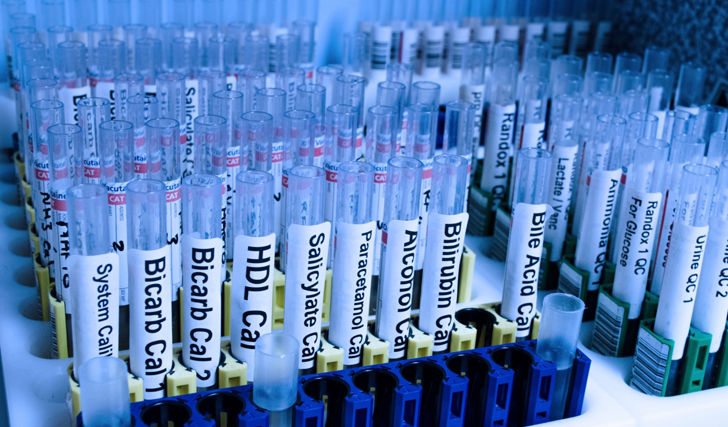Pharmacogenomic testing has the potential to revolutionize prescription drug use in some cases, according to a new article from TELUS Health, entitled The road ahead of pharmacogenomic testing.
That said, they add that significant barriers remain, including the fact that the tests are new, unregulated, unstandardized and because employees who would otherwise access the tests, have concerns about their privacy. This is despite the fact that the Genetic Non-Discrimination Act, 2017 prohibits companies from requiring an individual to undergo genetic testing or disclose the results of their genetic tests.
Not covered by public health plans
The testing assesses how individuals metabolize certain drugs based on variations in their genes. They are generally not covered by public health plans. Insurers also offer preferred pricing on the tests, sometimes offering between $80-$100 off the price tag (TELUS says the tests range in price from $300 to $1,500), but the tests are not widely available unless patients are willing to pay.
One pilot project launched by Manulife in August 2023, covers the cost of the test for plan members and their dependents with a mental health condition, chronic pain, neurological conditions and attention deficit hyperactivity disorder (ADHD). They found that 80 per cent of plan members changed their medications in response to their testing results and 86 per cent reported an improvement in their condition.
Potential to make a difference in health outcomes
"Studies have shown that genetic factors are responsible for up to 42 per cent of the variation in how people respond to antidepressants. With dozens of antidepressants available, patients often have to try several medications over a period of months before achieving the optimal treatment,” TELUS researcher write. “Since one in 10 Canadians will experience major depression in their lives, pharmacogenomic testing has the potential to make a huge difference in health outcomes while saving billions in health care costs.”
In British Columbia alone, a study by the UBC Faculty of Medicine published in the Canadian Medical Association Journal in November 2023 found that the testing would save the provincial public health system there an estimated $956-million over 20 years.
“The model showed that pharmacogenomic testing would result in 37 per cent fewer patients experiencing treatment-resistant depression,” they write. “Pharmacogenomic testing would also result in patients spending 15 per cent more time without depression symptoms, resulting in an anticipated 1,869 fewer deaths and 21,346 fewer hospital admissions over 20 years.”
They say the model is designed to be flexible “and could be applied to other jurisdictions beyond B.C. where we might expect to see similar benefits,” says Dr. Shazad Ghanbarian, mathematical modeler and health economist with the Centre for Clinical Epidemiology and Evaluation, affiliated with the UBC. “Particularly within a comparable Canadian context.”




